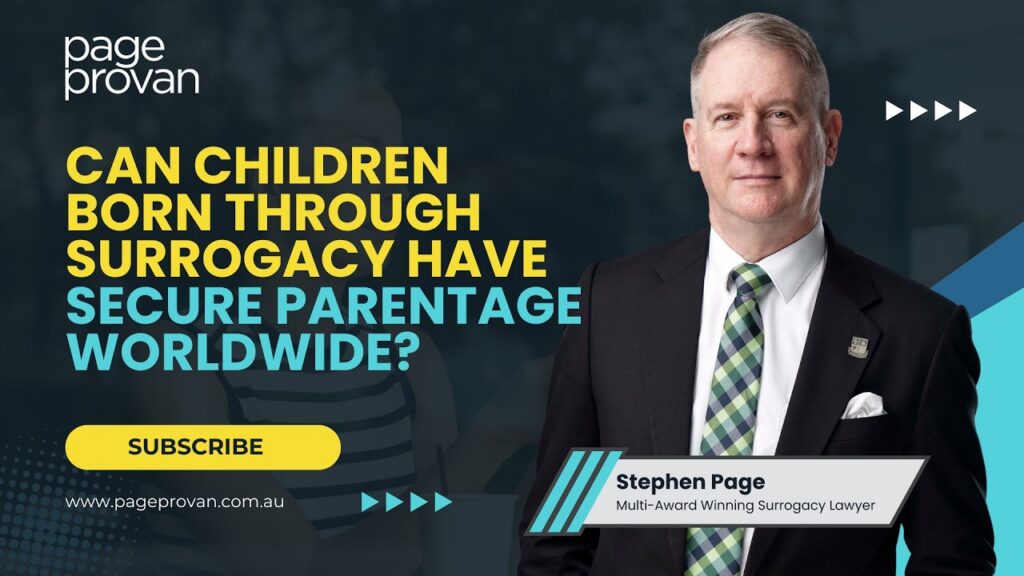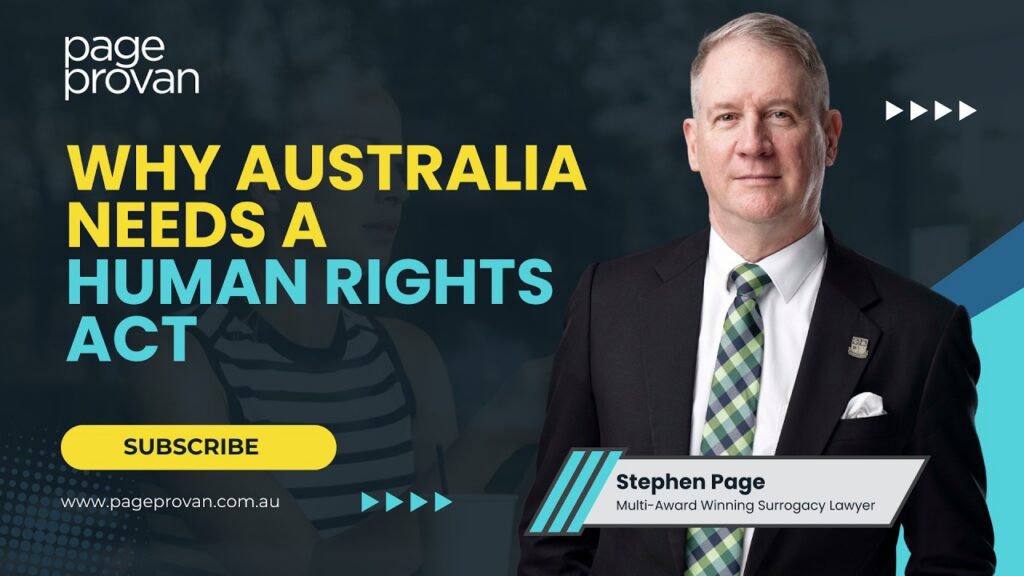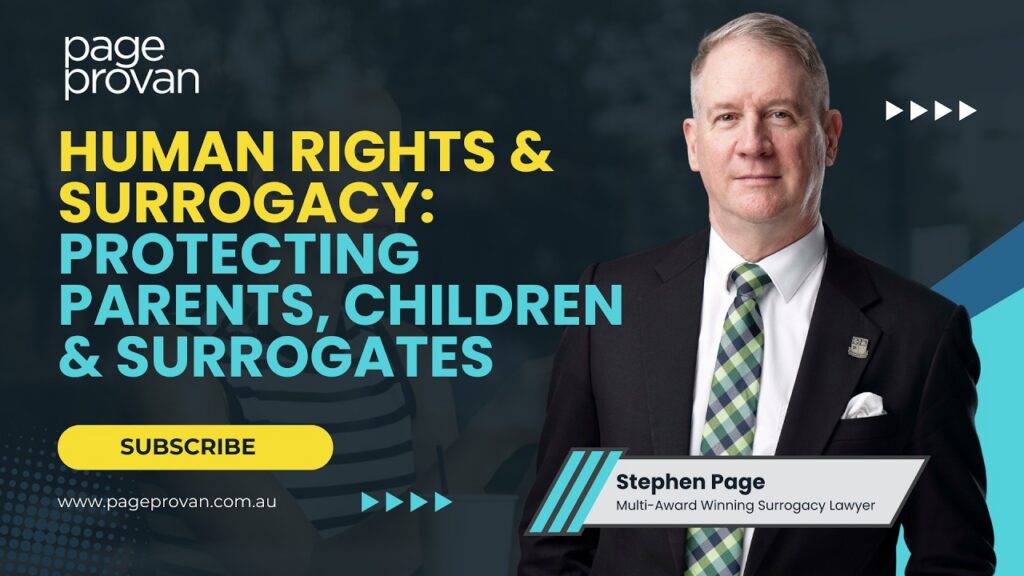Electing Family Court judges and magistrates: to be avoided
One of the highest qualities of the law is its magisterial nature. In Australia it is taken for granted that judges are appointed by the government of the day, as are all kinds of public servants, including police, JP’s and court officials.
In many parts of the US these and other officials are elected. For many years I had heard from other Australian lawyers that to have elected judges was a bad thing and that justice could only really be attained by having judges who were appointed, and therefore impartial.
I must say that I struggled with this idea, if only because of the concerns raised from time to time in Australia about the appointments processes for judges.
But then, on travelling to the US I was confronted by the reality of the election of judges: several attendees I spoke to at the National Coalition Against Domestic Violence/National Organisation of Men Against Sexism conference in Los Angeles stated to me that by the process of election, judges are less impartial, or at least have that risk when it comes to family law.
I was shocked to learn that in several parts of the US, judges do not need legal qualifications, and these are the very same people making or more often (as the accusation goes) refusing to make protection orders, so that those those who have been subject to domestic violence are left vulnerable and not able to obtain effective legal protection.
Furthermore, it was suggested that judges open for re-election are tempted to pander to the men’s right lobby and fail to protect women and children, and even more pervasively then alter how they run their courts, so that they are not accused of bias against men.
One would hope that the election of judges would be a dignified affair. However, as seen in the piccies, this is not always the case. The last photo is not of someone seeking to be a judge, but someone with an unfortunate surname who would be virtually unelectable to any position in Australia.
| Classy |
| Cochise County Courthouse, Arizona |
| Mark Suagee’s truck outside Cochise County courthouse- hard at work. |
| Enough said |












